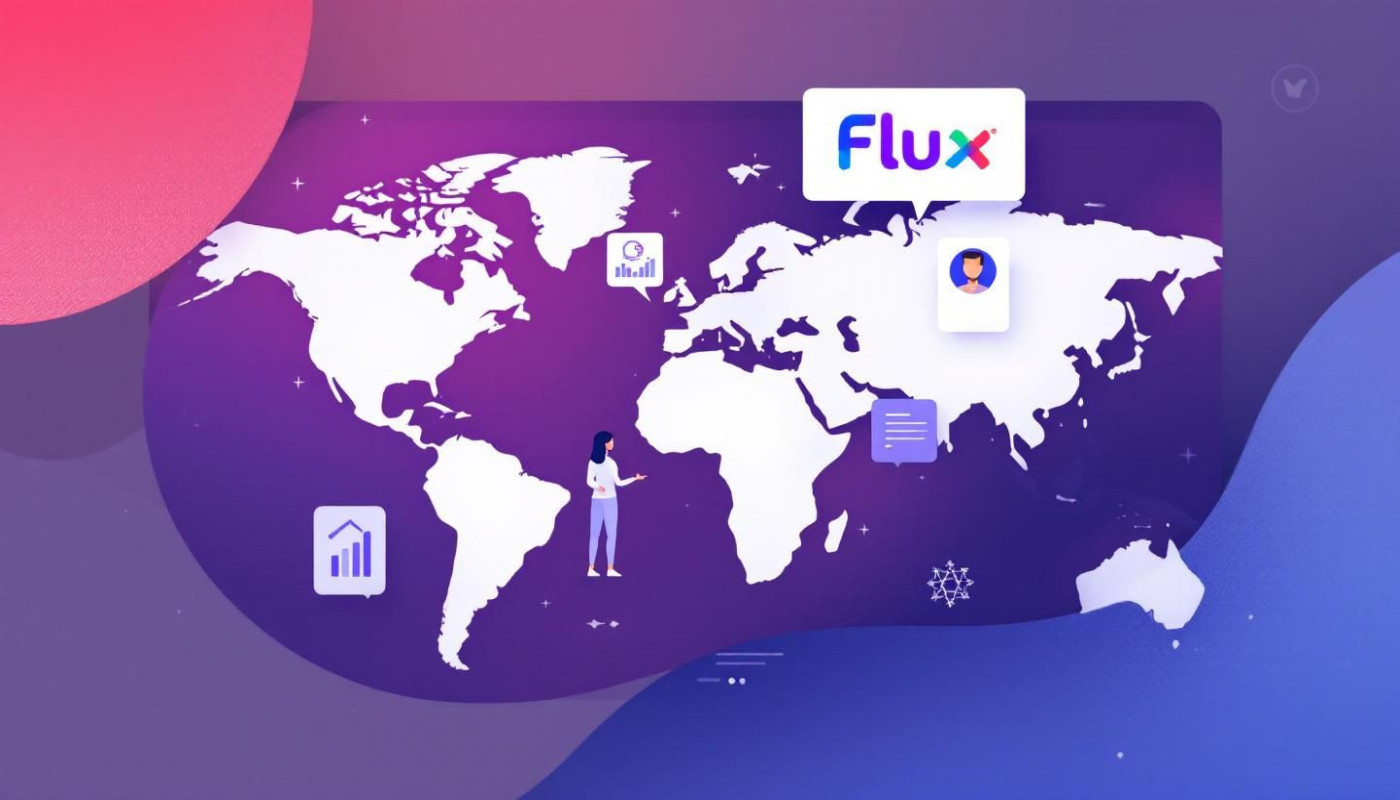Table of contents
The age of Artificial Intelligence (AI) is upon us, and with it comes a myriad of opportunities and challenges. As AI continues to evolve and permeate various sectors, its impact on the job market cannot be ignored. The rapid advancement in AI technology has sparked a global debate on how it will shape the future workforce. Will AI create new job opportunities or will it render certain roles obsolete? This article delves deep into the complex dimensions of this topic, exploring the profound influence AI is predicted to have on the job market. The intention is to highlight the essential adjustments that industries, businesses, and individuals might need to prepare for.
The Influence of AI on Job Roles
In the face of rapidly advancing technology, many are apprehensive about the profound impact of AI on job roles. The concept to consider is not that of job eradication, but rather, job transformation. The advent of AI has, in fact, revolutionized many professional fields, ultimately leading to an evolution of the workforce. The term "job displacement" is often associated with the infiltration of AI in employment, yet this is far from the complete narrative. This idea of job automation tends to skew towards the negative, overlooking the opportunities that AI can bring to various industries.
The introduction of AI to different sectors has brought about an exciting transformation in traditional job roles. For instance, in the healthcare industry, AI is being used for predictive analysis, freeing up medical practitioners to focus on patient care. In the manufacturing sector, AI-driven machines handle repetitive tasks, reducing errors and increasing efficiency. Thus, the emphasis of AI in job roles is more about redefining rather than replacing.
While it is accurate to acknowledge the uncertainty and challenges that AI may pose in the job market, it is equally significant to recognize its potential in creating new roles and opportunities. The evolution of the workforce through AI transformation is an exciting journey that we are only just beginning to embark upon.
AI as a Job Creator
While AI has often been viewed as a potential threat to job security, it is pivotal to acknowledge its role in job creation. The advancements in AI and machine learning have opened up a multitude of opportunities, leading to the emergence of new professions. The concept of "AI job creation" represents a paradigm shift in the way we perceive the impact of technology on employment. Today, there is a growing demand for machine learning specialists, data scientists, and AI consultants, demonstrating a significant increase in "machine learning jobs".
Moreover, the influence of AI isn't confined to the tech industry alone. The ripple effects of AI advancements have reached various sectors, resulting in "AI in new industries". From healthcare to finance, from logistics to marketing, every industry is witnessing the creation of AI-based roles. Consequently, the narrative around AI’s impact on the job market is beginning to change. It is no longer just about job displacement but also about the potential for new job creation, made possible by this transformative technology.
The Skill Gap Challenge
One significant aspect of AI's impact on the job market centers around the burgeoning "AI skill gap". The ongoing revolution in technology has instigated a demand surge for "AI specialists", leading to an immediate necessity for "re-skilling" and "up-skilling" the existing workforce. This skills mismatch presents a noteworthy challenge, forcing industries to invest heavily in "workforce training" to equip employees with the necessary skill set to meet the evolving demands. The need for training is not merely a stop-gap measure but a requirement to mitigate the potential negative impacts of this skill gap on the job market. The situation calls for a strategic and concerted effort from businesses, educational institutions, and policymakers alike to bridge this gap and harness the full potential of AI.
Preparing for an AI-Driven Job Market
As the winds of change sweep across the employment landscape, the importance of AI readiness cannot be overstated. The influence of AI on the job market is a fact that can no longer be ignored. Businesses, in particular, need to ensure AI adoption in business models and practices. This is not just pivotal for their survival but also for their growth in an AI-dominated future. By staying abreast of AI developments and integrating them into their operations, businesses can steer their course more effectively in the evolving economic sea.
On the other hand, for individuals, AI job market preparation is a must. This fundamentally involves upgrading for AI jobs. From learning how to work with AI to actually developing AI technologies, a wide range of skills is needed. Continuous learning, in this regard, is a strategy that can pay dividends. By continuously evolving, learning, and adapting, individuals can remain relevant and competitive in the AI-driven job market.
Lastly, it's not just about surviving in the AI world but thriving in it. AI job market adaptation is not just a trend but a necessity. It entails understanding the capabilities of AI and harnessing them effectively. In the end, as the AI wave continues to grow, the key to success lies in riding it rather than getting swept by it.
Summarizing the Impact of AI on the Job Market
The forceful wave of AI is set to shake the foundations of the job market, causing a disruption in traditional employment roles. This "AI job market summary" aims to encapsulate the prevalent themes discussed in the preceding sections of the article. While the "AI workforce impact" may seem intimidating at first, we must remember that with every disruption comes a wealth of new opportunities. The phenomenon of "AI job disruption and creation" is not a new one; however, its pace has accelerated due to rapid advancements in technology.
"AI's future in employment" does not spell doom, contrary to popular belief. Instead, it is a call for workers to adapt and evolve their skills to suit the changing times. With the advent of AI, the job market might seem unrecognizable; yet, the core values of adaptability, creativity, and innovation remain as vital as ever. This era of "Digital transformation" urges us to stay informed and prepared for all changes.
"Adapting to AI changes" is not merely an option but an imperative in this fast-evolving digital world. The intersection of AI and the job market presents a landscape filled with challenges, but also brimming with possibilities. Being aware of these changes is the first step towards a future-proof career.
















